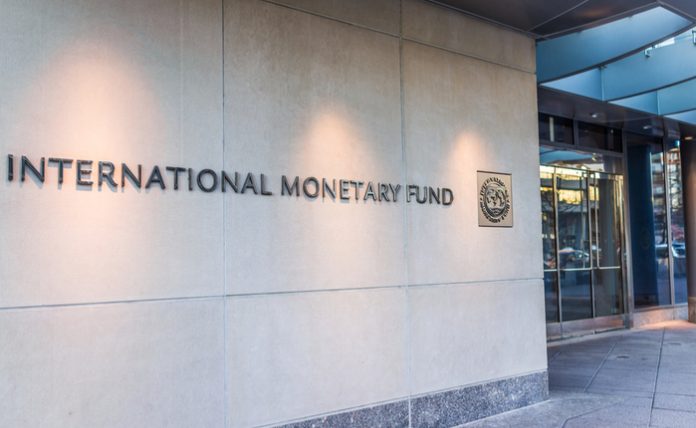It’s no secret to investors with their eyes on the global economy that the International Monetary Fund isn’t the biggest fan of cryptocurrencies.
However, today analysts are reporting on a Guardian piece published yesterday where a former chief economist of the IMF is shedding light on just exactly why he kind of despises Bitcoin and the whole coin idea in general.
Kenneth Rogoff is currently a Harvard University Professor of Economics and Public Policy.
In his remarks this week, Rogoff makes some concessions and in talking about future price points for Bitcoin, admitting that maybe the price will go back up somewhat over time.
However, the tone of his analysis is largely derisive, as when he refers to Bitcoin as a “lottery ticket.”
Rogoff also applies some interesting international theory.
Characterizing nations such as North Korea, Iran and Cuba as “disgruntled nations,” he suggests that Bitcoin will be more of a tool for subverting the New World Order then promoting a full-fledged global move toward digital currencies.
He even provides some reasons why he feels this is the case – Rogoff cites regulatory issues with decentralized transactions, and some ways in which crypto runs counter to established governmental norms.
“Regulators are gradually waking up to the fact that they cannot countenance large expensive-to-trace transaction technologies that facilitate tax evasion and criminal activity,” Rogoff wrote. “Take away near anonymity, and no one will want to use it; keep it, and advanced economy governments will not tolerate it.”
Citing the prime example of Venezuela’s new national central bank cryptocurrency the “Petro,” Rogoff says that Bitcoin is like “lottery tickets that pay off in a dystopian future where they are used in rogue and failed states.”
Pushing back against these notions, Bitcoin enthusiasts are trying to evangelize, as in the sending of a very small amount of Bitcoin (about $20 worth) to former Federal Reserve chair Janet Yellen in October. While the gift did seem to warm Yellen a bit, it certainly did not entirely convert her into the crypto fold.
Meanwhile, other observers are seeing evidence of the kind of subversion that Rogoff posits in the Guardian piece. A story by Joseph Young in Cryptoslate this past July talks about major hotels in Iran accepting cryptocurrency deposits. Young uses a tweet from Leo Weese for a boots on the ground perspective, quoting Weese this way:
“My main takeaway is that we are often looking at cryptocurrency adoption from our perspective as privileged users of the modern financial system. Most of us have credit cards and the companies we interact with accept them. We can get cash at the ATM wherever we travel and get our salary on time into our bank account.”
The subtext here is that if Rogoff is correct, Bitcoin and other crypto coins are going to become largely the province of the un-banked, the unsuccessful and the politically unsavory. It’s an interesting theory, and one that very much goes against the narrative that crypto enthusiasts are promoting: that the world’s global powerful elites will embrace Bitcoin and other coins in the future.
Time will tell – watch this space for more on actual government policies and programs that influence the future of crypto one way or the other.










